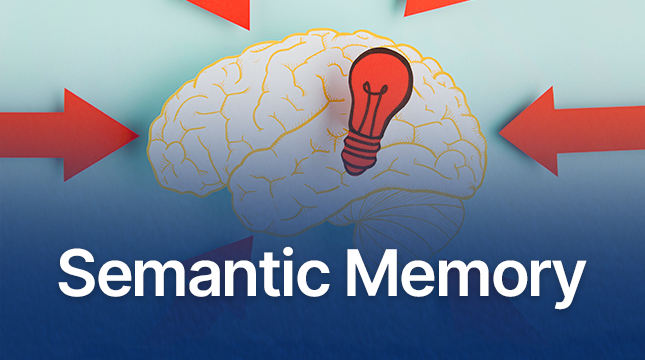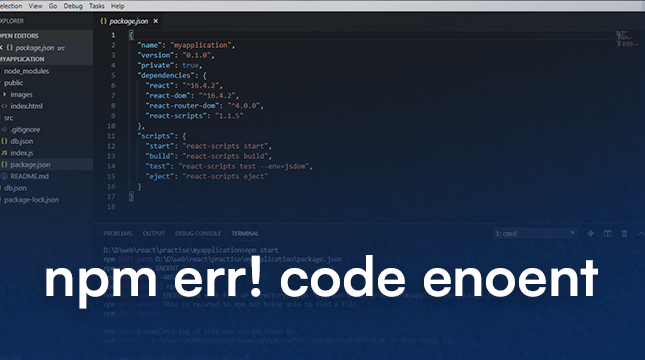How Semantic Memory Shapes Our Understanding?

Have you ever brainstormed for a trivia night and effortlessly pulled out the capital of France? Or maybe you impressed your friends with a detailed explanation of how photosynthesis works? These feats are thanks to your semantic memory, the vast reservoir of knowledge that underpins how we understand the world.
What is Semantic Memory?
Semantic memory is a crucial component of our long-term memory that stores general knowledge about the world, including facts, meanings, concepts, and relationships between them. Unlike episodic memory, which recalls specific events and experiences, semantic memory deals with abstract and general information that is independent of personal experience.
How Semantic Memory Works?
Storage of General Knowledge: Semantic memory encompasses a wide array of information, from basic facts (like knowing that Paris is the capital of France) to complex concepts (such as understanding the principles of democracy).
Organization and Retrieval: Information in semantic memory is organized hierarchically and by association. For instance, the concept of “dog” is connected to related concepts like “pet,” “animal,” and “mammal.”
Implications in Learning and Understanding: It plays a critical role in language comprehension, problem-solving, decision-making, and understanding social norms.
Examples of Semantic Memory
Language and Vocabulary: Knowing the meanings of words and how to use them correctly.
Conceptual Knowledge: Understanding abstract ideas like justice, love, or democracy.
Cultural Knowledge: Familiarity with historical events, customs, and traditions.
Acquired Skills and Expertise: Expert knowledge in specific fields such as medicine, engineering, or art history.
Semantic Memory and Everyday Life
In our daily lives, semantic memory is constantly at work. It helps us navigate conversations, make sense of instructions, and interpret the world around us. Whether we’re learning a new skill, recalling a scientific fact, or understanding the plot of a movie, semantic memory is the foundation upon which our cognitive abilities rest.
Importance in Education and Cognitive Development
Education relies heavily on semantic memory. From learning multiplication tables to understanding complex scientific theories, students continually build and expand their semantic memory throughout their academic journey. Likewise, cognitive development, from childhood through adulthood, involves the acceptance, organization, and retrieval of semantic knowledge.
Semantic Memory Disorders
Disorders affecting semantic memory can significantly impact daily functioning. Conditions such as Alzheimer’s disease often lead to the deterioration of semantic memory, making it difficult for individuals to recall basic facts or recognize familiar objects and people.
Conclusion
Semantic memory is not just a passive storage of information; it’s a dynamic, essential part of understanding and navigating the world. By exploring its functions, organization, and impact, we gain deeper insights into the complexities of human cognition and the role memory plays in shaping our lives.
Understanding semantic memory allows us to appreciate the richness of our knowledge and the mechanisms that underpin our ability to learn, communicate, and thrive in society.

Let's Start Your Project
Get free consultation for your digital product idea to turn it into reality!
Get Started








